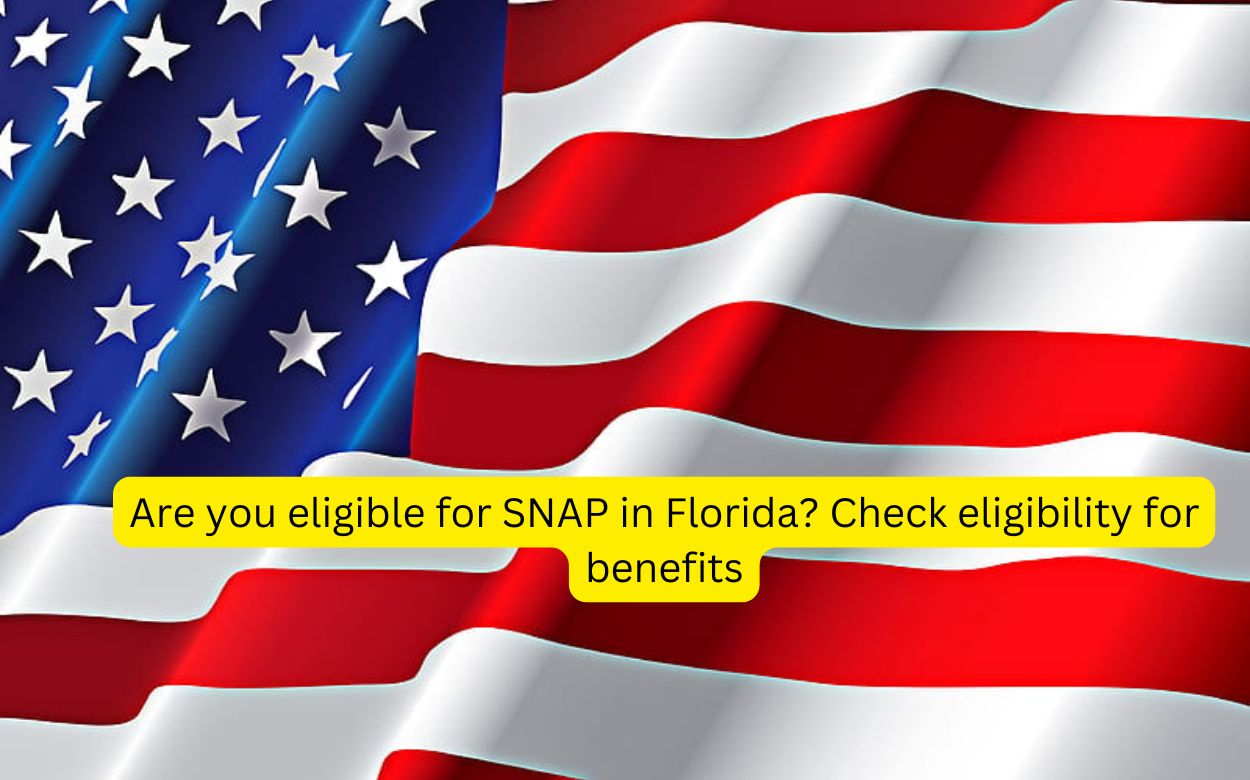Can You Get SNAP Benefits in Florida? Find Out Now – Eligibility & Secrets Revealed
The Supplemental Nutrition Assistance Program (SNAP) is a federal government project that helps an estimated 42 million low-income Americans purchase food for a healthy diet. The program, known as Food Stamps, aims to improve nutrition by providing cash assistance that can be used to buy food at authorized businesses. The money is delivered on an EBT card between the first and 28th of each month and can be used to purchase fruits, vegetables, proteins, carbs, and fats, as long as they are cold at the time of purchase. It cannot be used to pay for petrol, alcohol, cigarettes, or personal hygiene goods, as this may constitute a felony.
SNAP eligibility requirements and benefit levels are mainly determined at the federal level and uniformly across the country, but states have the authority to personalize portions of the program. SNAP Florida has eligibility rules to guarantee that individuals in need receive aid. First, you must be a United States citizen, permanent resident, or qualified alien currently residing in the state. The Florida Department of Children and Families specifies the following qualifications to be eligible for program benefits:
- Identification: Applicants must present proof of identity.
- Healthy individuals aged 18 to 50 who do not have dependent children or are not pregnant may receive SNAP benefits for three months in three years if they are not employed or enrolled in a work or job training program.
- Income: Most households must have a gross income equal to or less than 200% of the Federal Poverty Level. For example, a household of two cannot make more than $3,052 per month.
- Deductions: Certain home expenses can be subtracted from the total monthly income in the food aid budget. The budget allows for deductions for housing, dependent care, medical expenses, child support, utility bills, and earned income.
- Individuals must be Florida residents.
- Citizenship: Individuals must be US citizens or hold eligible non-citizen status.
- Individuals must submit their Social Security number or confirmation that they have applied for one.
- Child support cooperation: Certain people must work with the state’s child support enforcement agency to establish a kid’s legal relationship with their parent and obtain a court order for child support payments.
- Assets: Most food aid recipients can own vehicles, bank accounts, or property while still receiving assistance. Households with a disqualified member must have an asset limit of $2,500.



Comments are closed, but trackbacks and pingbacks are open.